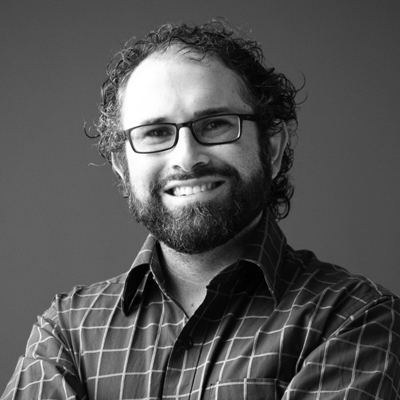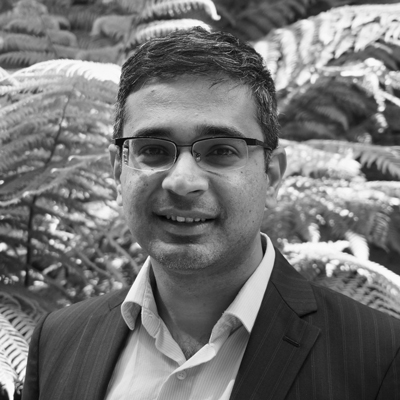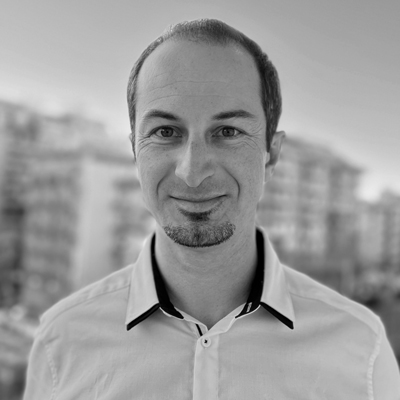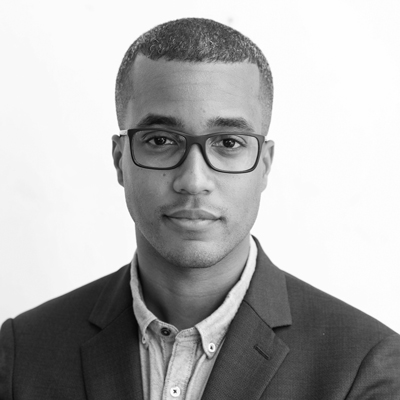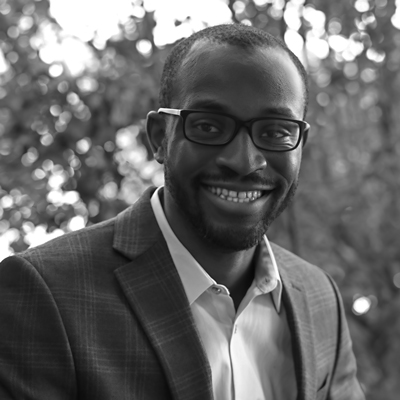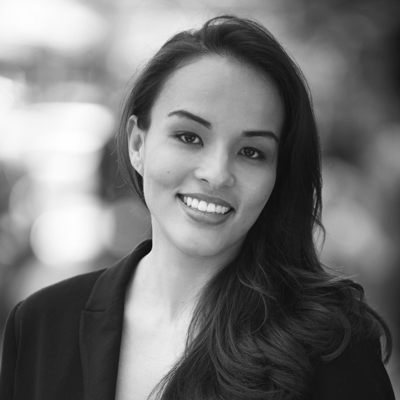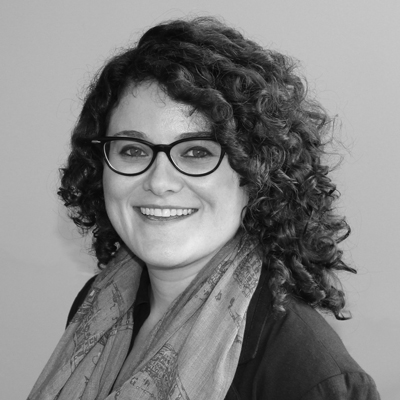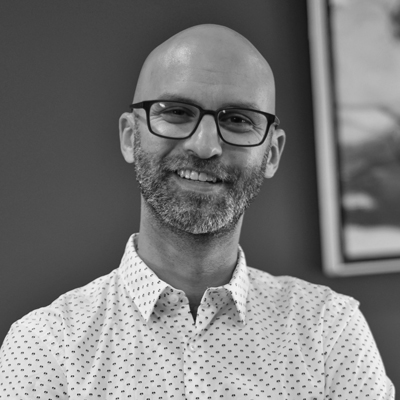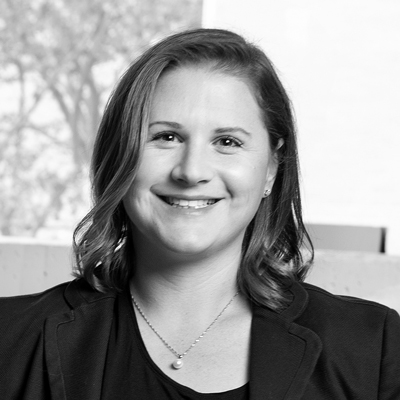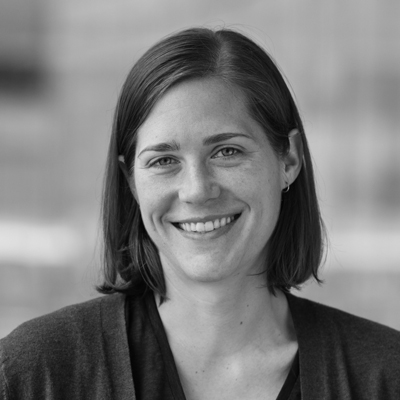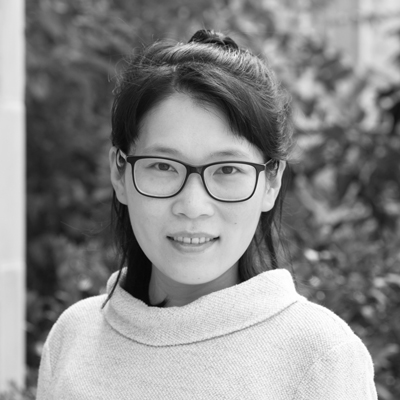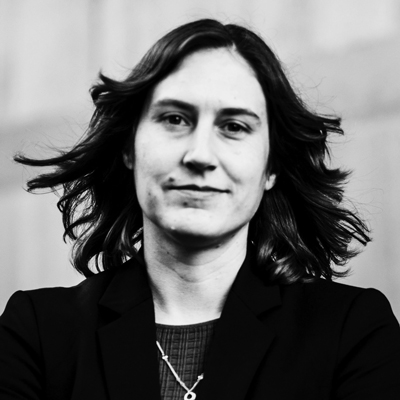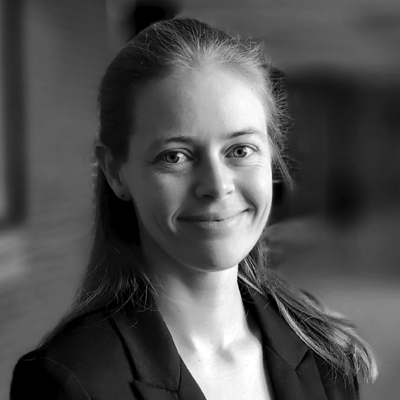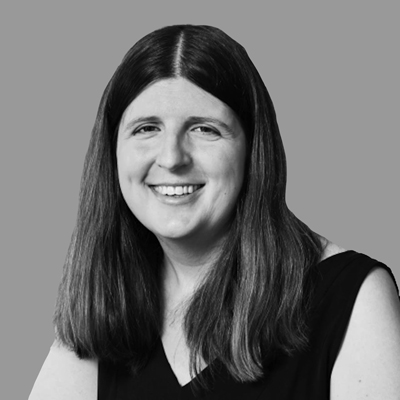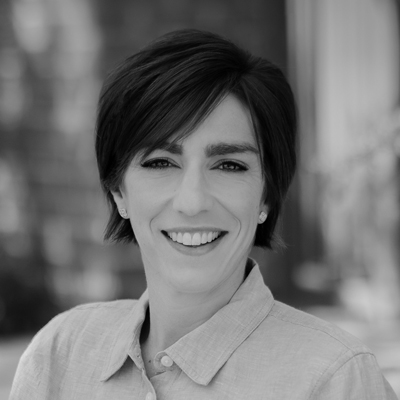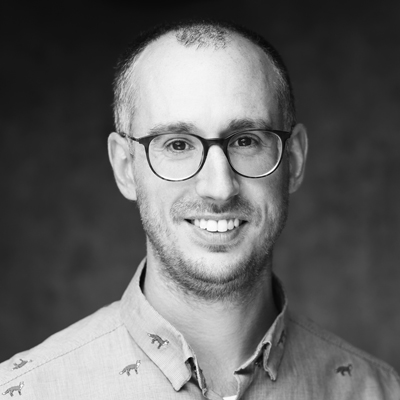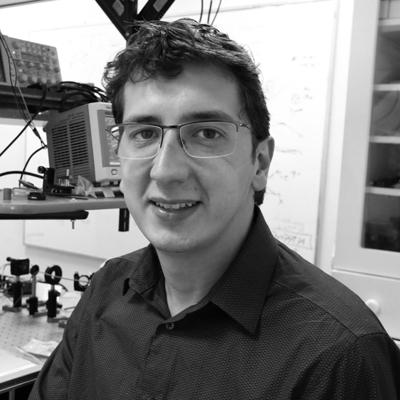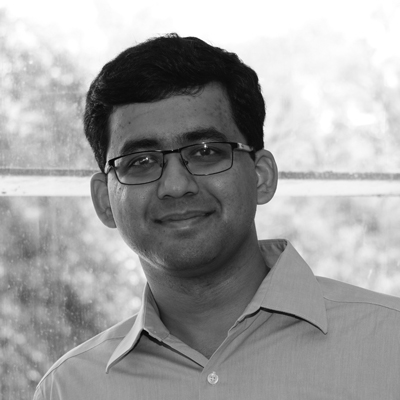In support of the next generation of science leaders, CIFAR welcomes new scholars chosen for their outstanding research and leadership
Eighteen early-career researchers have been named CIFAR Azrieli Global Scholars for 2022-2024. The announcement of this year’s cohort takes place during a milestone year, as CIFAR celebrates its 40th anniversary.
In commemoration of 40 years of the organization’s exploration of the most pressing questions facing science and humanity, CIFAR is celebrating not only its rich history but also its future impact and how it will play a pivotal role in supporting the next generation of researchers.
The CIFAR Azrieli Global Scholars program is part of a range of next-generation initiatives at CIFAR that aims to boost the potential of early-career researchers pursuing high-risk, high-reward ideas.
"The program provides an unparalleled opportunity to explore truly interdisciplinary topics alongside some of the leading researchers in the world in search of answers to some of the toughest questions,” says Rachel Parker, Senior Director, Research.
Selected from more than 200 eligible applications from 32 countries, the 18 selected scholars reside at institutions in six countries: Canada, Chile, India, South Africa, the United Kingdom, and the United States.
The CIFAR Azrieli Global Scholars is a unique program that provides $100,000 in unrestricted research support, in addition to mentorship, global networking, and professional skills development.
For two years, scholars join one of CIFAR’s 12 research programs where they have the opportunity to collaborate with CIFAR fellows. This year’s cohort will be contributing to the Bio-inspired Solar Energy, Child & Brain Development, Gravity & the Extreme Universe, Learning in Machines & Brains, Quantum Information Science, and Quantum Materials programs. Once their term ends, many scholars continue to contribute to the CIFAR community, joining as fellows, Canada CIFAR AI Chairs, or workshop participants.
“I would like to congratulate and welcome our seventh cohort of CIFAR Azrieli Global Scholars. They are amongst some of the most promising young researchers in the world,” says Dr. Alan Bernstein, O.C., President and CEO of CIFAR.
“Humanity faces many complex and pressing challenges, from income inequality to climate change. We need creative and talented scholars and scientists, especially the next generation of investigators, to contribute to the global effort to address these challenges and exciting science questions. It is of utmost importance to provide opportunity for this next generation of innovative thinkers,” adds Dr. Bernstein. “That is why programs like the CIFAR Azrieli Global Scholars program are so important for both advancing science and enabling positive change in the world.”
Meet the 2022-2024 CIFAR Azrieli Global Scholars
Related Articles
-
CIFAR welcomes new and renewed Canada CIFAR AI Chairs
December 04, 2025
-
Building safer AI with advanced evaluation methods
December 03, 2025
-
Jacobs CIFAR Research Fellowship supports next-gen research on childhood development and learning
November 24, 2025
-
CIFAR launches new AI safety Networks to address synthetic evidence in the legal system and linguistic inequality
November 19, 2025
